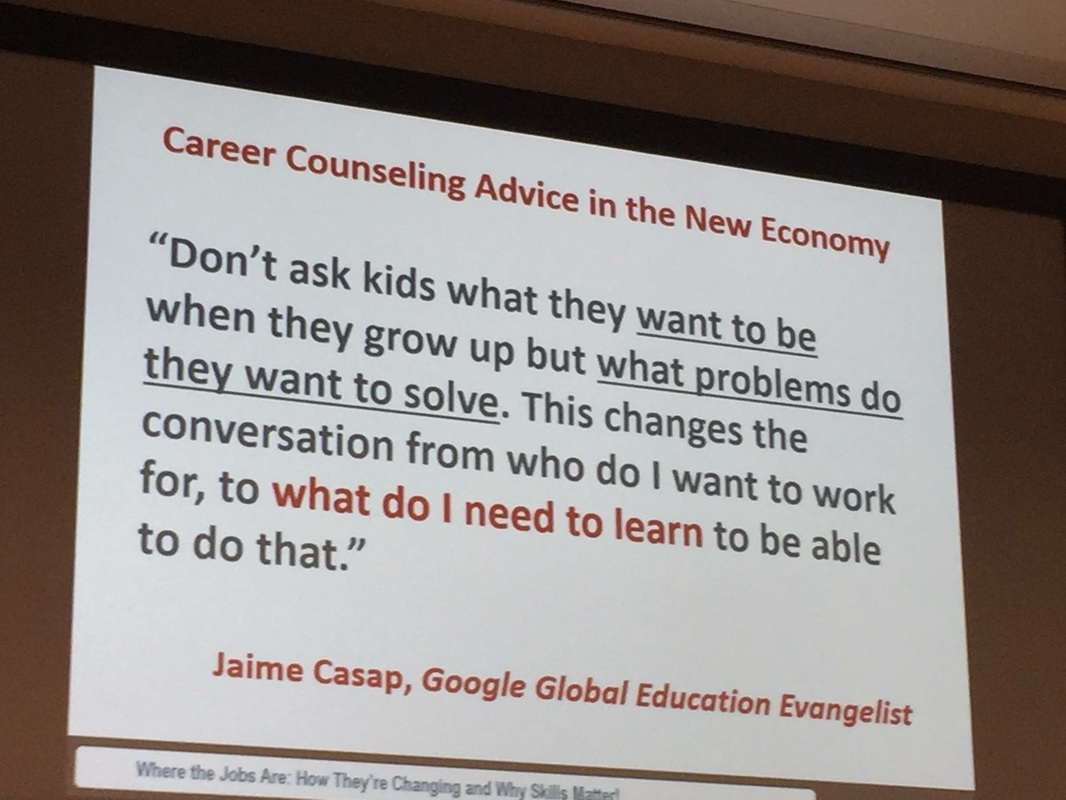9th Grade:
1. Support your student in choosing challenging but appropriate classes.
- A student’s performance in his/her core classes (English, math, history, science, foreign language) every year is the most important data point in a college admissions decision.
- Draft a four-year course plan to chart out his/her classes. Consider looking at the classes required by some colleges to help you plan.Encourage your student to try out lots of clubs and activities. Try everything! Be sure to include some volunteering experiences.
- College resumes are different than job resumes.
- You can find a template your student can copy and use here: https://docs.google.com/document/d/1TWICCAn7FFAIyeV8iEtk9gHFBrSedJ65gp-A4EFGHbc/edit?usp=sharing
10th Grade:
1. Settle in to 2-3 activities. Encourage quality and being really invested in a few clubs/activities instead of having a minor role in many activities.
- Aim for a community service activity. Encourage volunteering with the same organization on a regular basis.
- Get involved with at least one activity through the school. Colleges value evidence of students’ abilities to contribute to their academic communities.
- Try the Myers Briggs test at www.16personalities.com (free!)
- Consider aptitude testing at www.youscience.com ($29)
- Use the UT Wayfinder tool at https://wayfinder.utexas.edu (free!)
4. Take the PSAT in October. Use is as a benchmark, and don’t stress too much about the results. Colleges do not see the PSAT scores – they are just a tool to help your student begin to familiarize himself/herself with standardized testing and understand strengths and weaknesses in content knowledge.
5. Consider an academic summer program.
- Look for free ones – there are so many!
- Engineering: UT MITE (http://www.engr.utexas.edu/eoe/recruitment/mite)
- Engineering (girls): Create@UT (http://www.engr.utexas.edu/wep/k12/createatut)
- Leadership: Caminos al Future at George Washington University (https://summer.gwu.edu/caminos)
- Math: Texas A&M SMaRT Camp (https://www.math.tamu.edu/outreach/SMaRT/)
- Business: University of Houston Explore Business (https://www.bauer.uh.edu/undergraduate/prospective-students/high-school/summer-camps.php)
- Computer Science: Code Longhorn at UT (https://apps.cs.utexas.edu/camp/code-longhorn)
- Pre-Med: Camp Med Academy (http://txaheceast.org/dfw/about/campmed/)








 RSS Feed
RSS Feed
